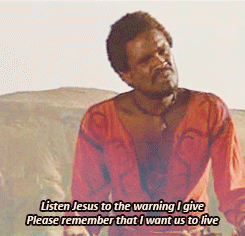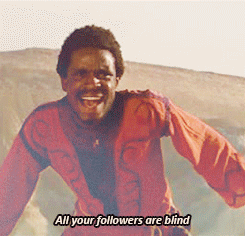When I was in middle school, there was this author called Lurlene McDaniel who wrote all these books about children my age with dreadful diseases who fought courageously against them and then died. I didn’t read any of them (because ugh), but I’ve always had her pegged as the Nicholas Sparks of the YA world.
(Oh, God, has Nicholas Sparks written any YA novels yet? Let’s stop that from happening at any cost. I don’t care about the books themselves, but I don’t want to read the sanctimonious interviews Nicholas Sparks would certainly give about how his books are different from all the other existing YA books and why it’s important for young people to have books like his. God how I hate Nicholas Sparks. Now that we’ve all forgotten about Kathleen Hale and John Grisham, I believe the time is right for Nicholas Sparks to say something unforgivable and us all to get really mad at him.)
So a lot of girls who weren’t crazy about reading in general would read these Lurlene McDaniel books, and my friends and I felt very superior to them because we were reading more awesome and intellectually demanding stuff like Ender’s Game. This is the same way I felt about all the other seventh-grade girls having a crush on Jonathan Taylor Thomas and Leonardo diCaprio because they looked like unthreatening middle school girls, while I had a crush on Carl Anderson from Jesus Christ Superstar because he was so painfully, ferociously beautiful it scrunched my heart up into a feelingslustfeelings ball.

ANYWAY, the point of all of this is to say that I disliked, as a teen, Lurlene McDaniel’s oeuvre, and by extension I disliked any books about Teens Just Like You who were experiencing dramatic tragedies and difficult times. Although I am no longer a teen, my aversion to that type of book persists. This is why I did not care for The Fault in Our Stars as much as everyone else did. The more tightly focused a book is on teens coming to terms with a thing, the more side-eye I will give it, even when it’s really good, like Speak, a book I always rep really hard for but have never (and I realize now probably will never) reread. And it’s not because it’s too sad and I can’t bear it. It’s because I do not want to.
When I say, then, that Brandy Colbert’s Pointe was too problem-novel-y for me, this is what I mean. It reminded me of books I hate, while not containing enough of elements I love. The story is that this girl Theo, who is a dancer, had a friend disappear four years ago, around the same time her (older) boyfriend also abandoned her. Now Donovan has returned, and Theo has to come to grips with the fact that the man she was in love with at thirteen is the same person who kidnapped Donovan. She hits all the exact beats you would expect in this process before gradually realizing that she was victimized at thirteen but is now strong and tough and can move ahead with her life.
Meanwhile, the aspects of the book that drew me to it — the ballet stuff; the black protagonist living in a mostly-white area of Chicago — were generally underdeveloped. I’d have loved to have seen more of what it means to Theo and her parents for her to be in such a minority at school. I’d have loved to see more of the logistics of Theo’s struggles to go professional with her dance; apart from the requisite eating disorder and some worries about the effect of her past on her Reputation to dance companies, there’s not a ton of this. Whereas there’s a ton of Theo being like, Although I was only thirteen and he turned out to have been thirty, and although he always made me keep it a secret, the sex between us was completely consensual!, before she realizes that No! It was real rape! Colbert lays that stuff on with a trowel; and like I’ve said, that’s not my favorite thing.
Welp, this hasn’t been super positive, so let’s close on a high note with another GIF of my first love, Carl Anderson. What an attractive man he is.
